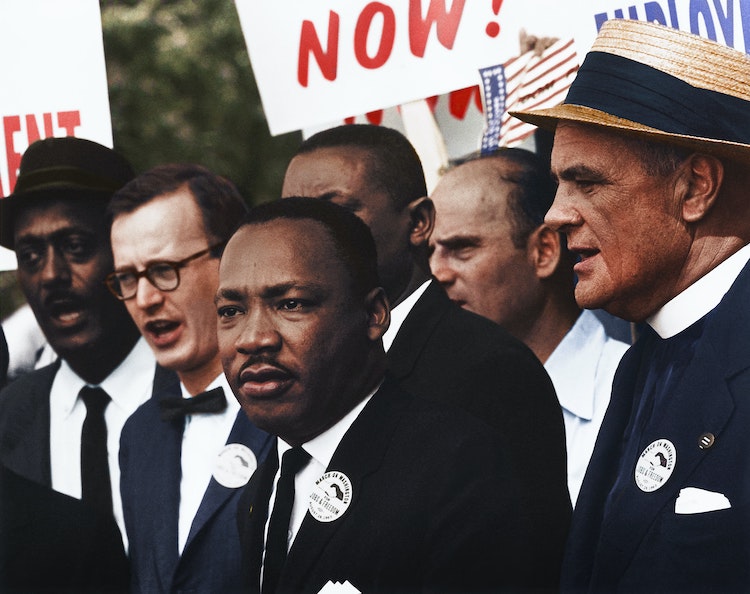
Courses about History have been perennial favorites at OLLI @Berkeley, and our member surveys tell us to keep offering them. Whether it’s local or national, just-past or the sweep of world events, our members appreciate the variety and depth of our offerings.
That said, we want to appreciate the degree to which the teaching and learning of history is never straight-forward and never simple. History is contested terrain, never more so than during an age when both the facts and the interpretation of historical themes and questions are often in dispute.
A primary and salutary source of conflict is the challenge to conventional histories and their too-often exclusion of the full diversity of our communities.
The robust discussion of race, gender, and class in America has benefited greatly from the contributions of Ethnic and Gender Studies scholars who have placed the histories of non-white persons and women at the heart of our common past, not at its margins.
At the same time, we are now experiencing the explicit rejection of this work by reactionary forces who want to exclude the diversity and multiplicity of voices in our history. One state, Florida, has explicitly rejected courses and programs in African-American history; many others seek to exclude the theories and accounts of race and gender that would help us understand the sources of inequality.
At OLLI, we have sought to offer a wide variety of historical topics and approaches, both in our courses and in our public events. So ordinary was our assumption that everyone would understand that we sought a diversity of voices and interpretations that we never had to state it as a policy. But given how fraught it has become nationally, we now need to explicitly state the obvious: you’re not going to get one kind of history or one kind of interpretative framework here.
More to the final point: we are always looking for new voices and different lenses in our programming, and if you know faculty or public historians whose work we should engage, let us know. We can’t always get everyone we look for, but we’re not going to stop widening the frameworks through which we engage the past.
SHARE THOUGHTS AND SUGGESTIONS
Someone once said that history is not past; it lives in our definitions of who we are and our understandings of how we have become who we are.
As we celebrate Black History Month, let's remember that to engage History is to engage the present, not just to look for lessons but for hope and inspiration.
Warmly,
Susan Hoffman
Director, OLLI @Berkeley